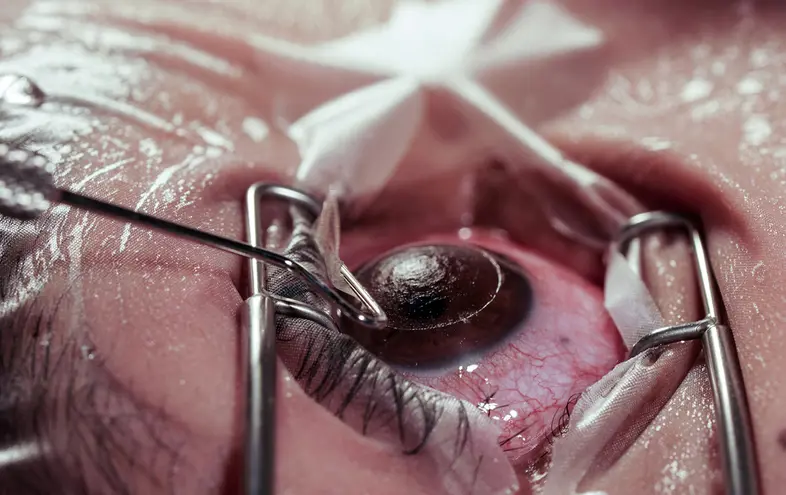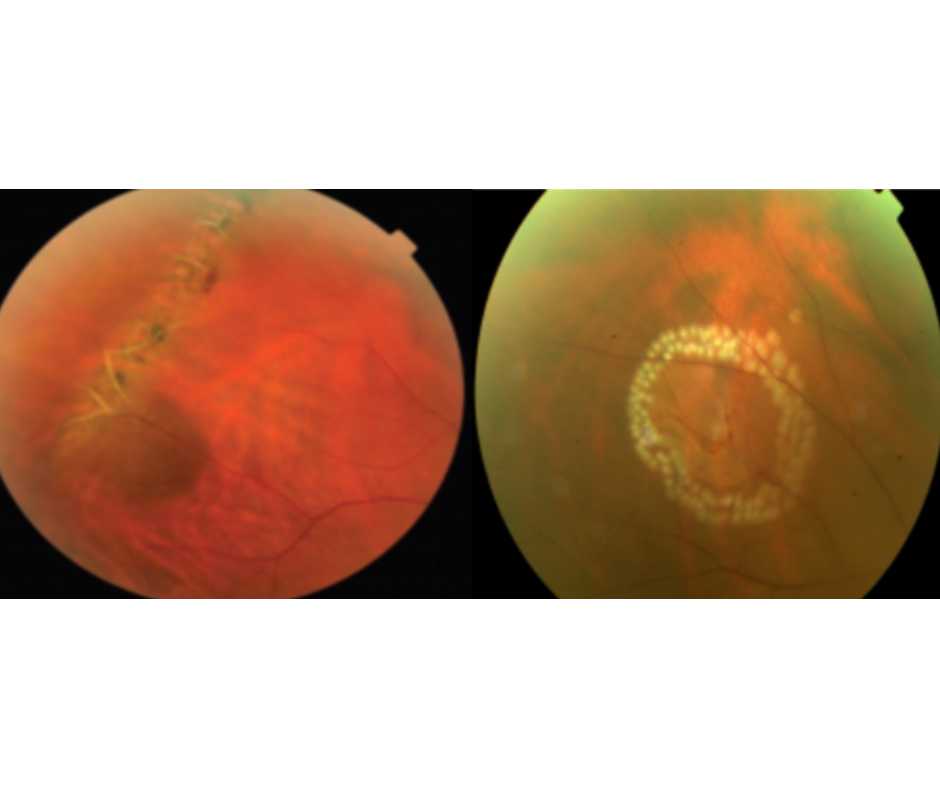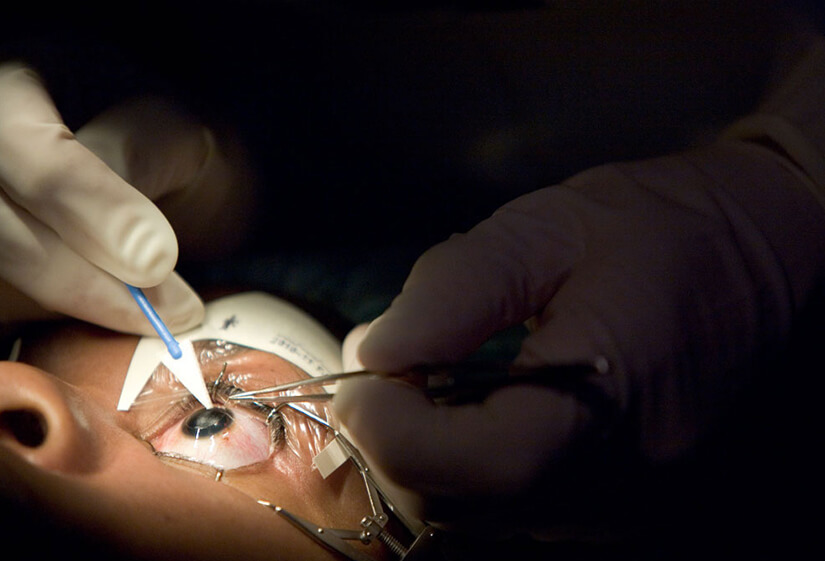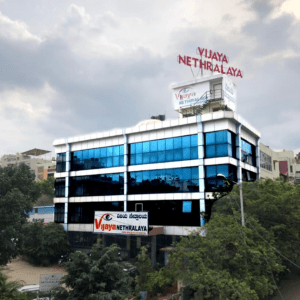Laser Cataract Surgery Benefits
Cataracts are a leading cause of vision impairment, particularly among older adults. Traditional cataract surgery has long been the standard treatment, but laser-assisted cataract surgery (LACS) has revolutionized the procedure, offering numerous benefits over conventional methods. In this article, we will explore the advantages of laser cataract surgery, comparing it with traditional techniques, and discuss how it enhances patient outcomes. We will also cover its cost, post-surgical care, risks, and frequently asked questions to give you a comprehensive understanding of the procedure.
1. Understanding Cataracts and Their Impact
A cataract is a clouding of the eye’s natural lens, which leads to blurred vision, difficulty seeing at night, increased sensitivity to light, and faded colors. As the condition progresses, it can significantly impact daily activities like reading, driving, and recognizing faces. If left untreated, cataracts can cause severe vision loss and even blindness. With advancements in medical technology, laser cataract surgery has emerged as a more precise and effective solution for cataract removal.
Cataracts can develop due to aging, diabetes, prolonged exposure to UV rays, smoking, and genetic factors. While surgery is the only definitive treatment, early detection through regular eye check-ups can help in managing the condition before it severely affects vision.
2. What is Laser Cataract Surgery?
Laser-assisted cataract surgery (LACS) is an advanced technique that utilizes femtosecond laser technology to perform key steps in cataract removal. Unlike traditional surgery, which relies on handheld instruments, laser cataract surgery uses a high-precision laser to make incisions, soften the lens, and break it into fragments for easy removal. This results in a more efficient, less invasive, and highly precise surgical process.

3. How Laser Cataract Surgery Works
Laser cataract surgery involves several critical steps that enhance precision and reduce complications:
- Mapping the Eye: An advanced imaging system creates a detailed 3D map of the eye, allowing the surgeon to customize the procedure based on individual eye anatomy.
- Laser Incisions: A femtosecond laser creates highly accurate corneal incisions, reducing the risks associated with manual cuts made using a blade.
- Lens Fragmentation: The laser softens and breaks the cataract into smaller, more manageable pieces, making removal easier and reducing stress on the eye.
- Lens Removal & Replacement: The surgeon removes the fragmented cataract and replaces it with an artificial intraocular lens (IOL) to restore clear vision.
This technique minimizes surgical errors and improves overall safety, ensuring better post-operative outcomes.
Cost of Laser Cataract Eye Surgery
Here is a table showing the approximate cost of laser cataract surgery in India:
| Type of Surgery | Estimated Price (Per Eye) in INR |
|---|---|
| Standard Cataract Surgery | ₹25,000 – ₹50,000 |
| Laser-Assisted Cataract Surgery (FLACS) | ₹47,000 – ₹1,50,000 |
| Cataract Surgery with Monofocal IOL | ₹30,000 – ₹60,000 |
| Cataract Surgery with Multifocal IOL | ₹50,000 – ₹1,20,000 |
| Cataract Surgery with Toric IOL | ₹60,000 – ₹1,40,000 |
| Premium Lens Cataract Surgery | ₹80,000 – ₹2,00,000 |
Note: The cost varies based on the hospital, surgeon’s expertise, and the type of intraocular lens (IOL) chosen. It is best to consult with an eye specialist for an exact quote.
4. Key Benefits of Laser Cataract Surgery
4.1 Enhanced Precision and Accuracy
One of the major advantages of laser cataract surgery is its unmatched precision. The use of femtosecond laser technology allows for highly accurate incisions, reducing the risk of errors that can occur with manual instruments. The laser makes all incisions at the correct depth and location, improving overall surgical outcomes.
4.2 Faster Recovery Time
Laser cataract surgery is a minimally invasive procedure, leading to quicker healing and recovery. Patients often experience improved vision within a few days compared to the longer recovery period associated with traditional methods. Less trauma to the eye tissues results in less post-operative discomfort and inflammation.
4.3 Reduced Risk of Complications
The laser-guided procedure causes less tissue trauma, minimizing inflammation and reducing the likelihood of infections or other complications. The precise incision placement also reduces the chances of surgical errors and improves wound healing.
4.4 Improved Visual Outcomes
Patients undergoing laser cataract surgery report sharper vision and a lower risk of astigmatism due to the precise correction of corneal irregularities. Accurate incisions ensure the proper positioning of the artificial intraocular lens, further enhancing visual clarity.
4.5 Customization for Each Patient
Advanced imaging technology enables surgeons to tailor the procedure based on the patient’s unique eye anatomy, leading to better post-surgical vision. Patients can also choose from a variety of intraocular lenses that cater to specific vision needs, including multifocal lenses that reduce dependency on glasses.

5. Laser Cataract Surgery vs. Traditional Cataract Surgery
| Feature | Laser Cataract Surgery | Traditional Cataract Surgery |
|---|---|---|
| Incision Method | Laser-guided | Handheld blade |
| Precision | High | Moderate |
| Recovery Time | Faster | Slower |
| Risk of Infection | Lower | Higher |
| Visual Outcomes | Enhanced | Standard |
| Customization | Yes | Limited |
6. Conclusion
With its advanced technology, higher precision, and improved recovery times, laser cataract surgery is an excellent option for many patients. While it comes at a higher cost, the long-term benefits in terms of visual clarity and reduced risks make it a worthwhile investment for those seeking the best possible cataract treatment.
If you are considering cataract surgery, consult with an experienced ophthalmologist to determine whether laser-assisted surgery is the right choice for you. Investing in your vision today can lead to clearer, healthier eyesight for the future!
Author Details:
Dr. Sushruth Appajigowda holds a prominent position as a Cornea, Cataract, Glaucoma, and LASIK Surgeon in Bangalore. He serves as the chief Cataract and Refractive surgeon at Vijaya Nethralaya Eye Hospital, Nagarbhavi Bangalore. Renowned as one of the finest LASIK surgeons nationwide, he brings with him over 12+ years of experience across multiple LASIK platforms, including ZEISS, ALCON, SCHWIND, AMO, and Bausch and Lomb. Having successfully conducted over 5000 LASIK procedures, Dr. Sushruth holds the title of a Certified Refractive Surgeon and a Fellow of the All India Collegium Of Ophthalmology. Furthermore, he stands as a distinguished speaker at various National and International Forums, using his expertise to guide you in selecting the most suitable procedure based on your health requirements.

http://vijayanethralaya.com/link-in-bio/
7. (FAQ)
Q1: Is laser cataract surgery painful?
No, the procedure is performed under local anesthesia, and patients generally experience little to no discomfort.
Q2: How long does laser cataract surgery take?
The procedure typically takes 10-15 minutes per eye, but the entire visit, including preparation and post-op care, may take a few hours.
Q3: Will I need glasses after laser cataract surgery?
It depends on the type of intraocular lens (IOL) chosen. Some premium lenses can reduce or eliminate the need for glasses.
Q4: How soon can I resume normal activities?
Most patients can resume normal activities within a few days, but heavy lifting and strenuous exercise should be avoided for at least a week.
Q5: Is laser cataract surgery covered by insurance?
Basic cataract surgery is often covered, but laser-assisted procedures may require additional out-of-pocket expenses. Check with your insurance provider for details.
By understanding the benefits and considerations of laser cataract surgery, patients can make an informed decision and take the next step toward clearer, healthier vision.












